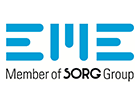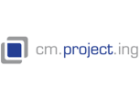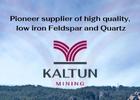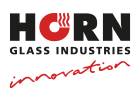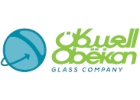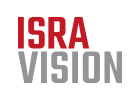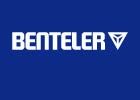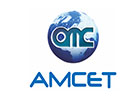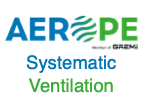Stoelzle’s near-term targets have been validated by the SBTi
Minus 50% absolute 1 and 2 GHG emissions by 2030; minus 15 % absolute 3 GHG emissions by 2030
Decarbonisation strategy focuses on energy efficiency, new technologies and renewable energy
Stoelzle Glass Group has committed to set near-term company-wide emission reductions in line with climate science with the SBTi. The group-wide science-based decarbonisation targets were submitted to Science Based Targets initiative (SBTi), and have now been approved.
The Stoelzle Glass Group commits to:
reduce absolute 1 and 2 GHG emissions 50% by 2030 from a 2019 base year
reduce absolute 3 GHG emissions 15% by 2030 from a 2019 base year
We are proud to be one of 4,000+ companies worldwide and one of a few companies within the European glass industry with an official SBTi climate protection target. Stoelzle Glass Group remains committed to continuous improvement and driving sustainable practices in all aspects of our operations.
GEORG FEITH, CEO OF STOELZLE GLASS GROUP
Key aspect of the company’s sustainability roadmap is driving decarbonisation by reducing the energy demand in glass production and increasing the use of renewable energy sources.
A couple of milestones have been reached so far, such as the implementation of a group-wide Process and Energy Data Management System, the installation of a Batch Preheater at the Austrian production plant and the progressing use of green energy. Electrification of the production process is increasing. At the Austrian site, in autumn 2023 the first electric feeder shall start operation, what makes Stoelzle a role model for all European glass makers.
The Science Based Targets initiative (SBTi) is a global body enabling businesses to set ambitious emissions reductions targets in line with the latest climate science. It is focused on accelerating companies across the world to halve emissions before 2030 and achieve net-zero emissions before 2050.
The initiative is a collaboration between CDP, the United Nations Global Compact, World Resources Institute (WRI) and the World Wide Fund for Nature (WWF) and one of the We Mean Business Coalition commitments. The SBTi defines and promotes best practice in science-based target setting, offers resources and guidance to reduce barriers to adoption, and independently assesses and approves companies’ targets.



